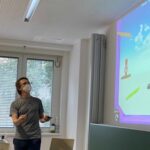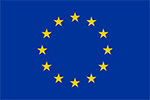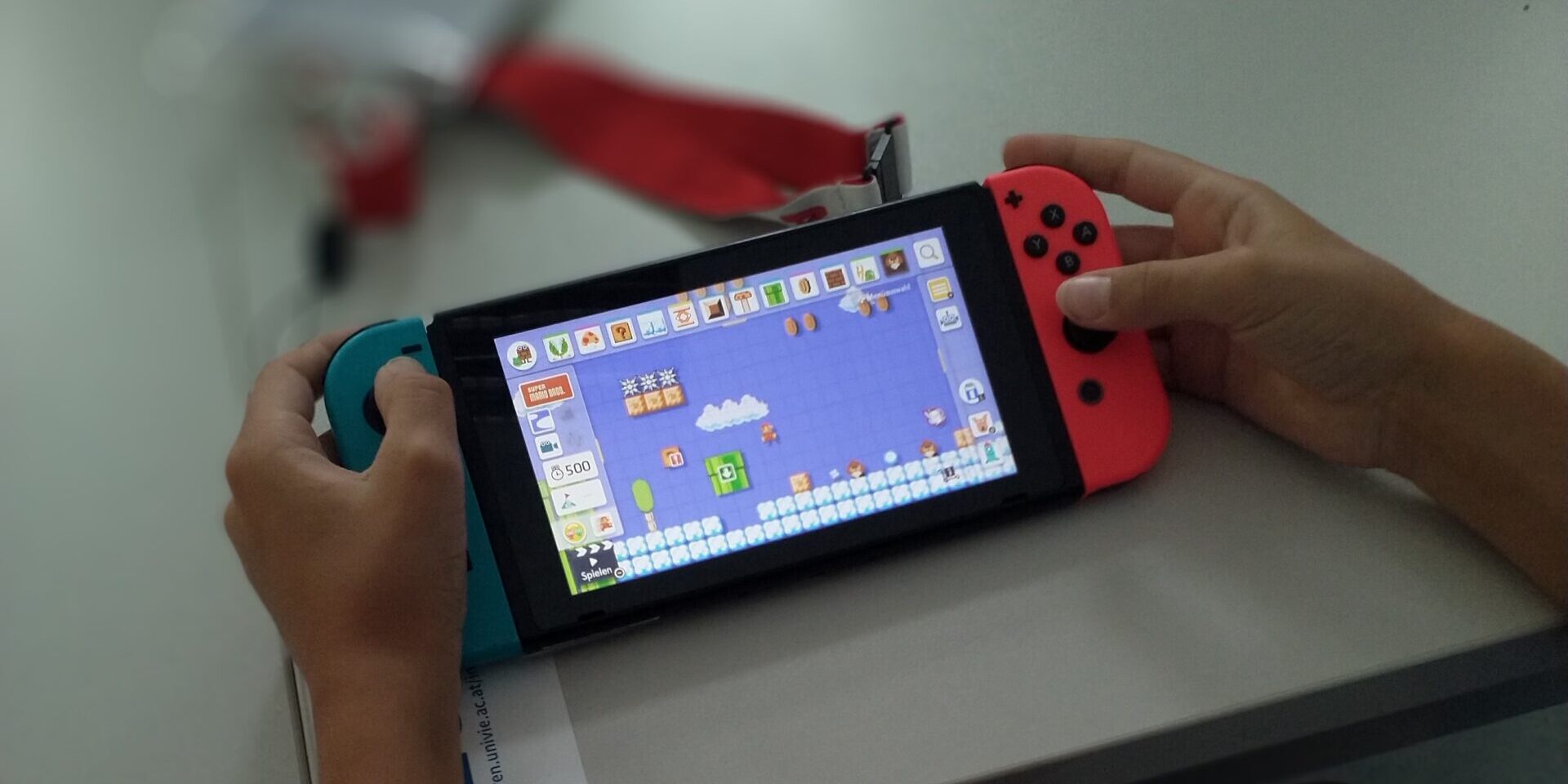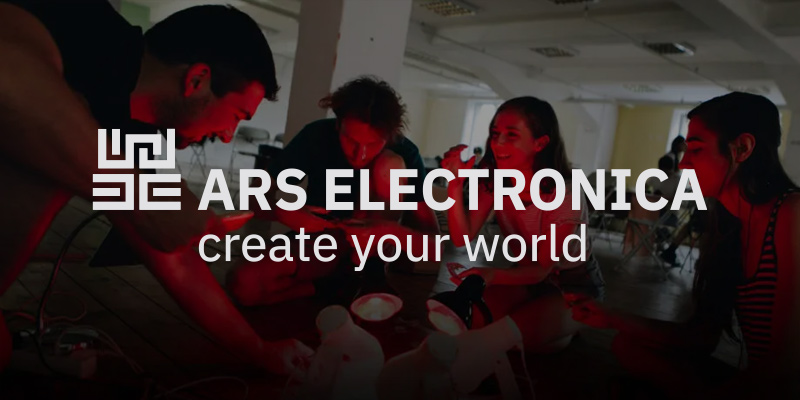Matthias Steinböck (AT)
In this workshop, a level of a computer game is designed, programmed and reflected on together. Participants learn basic concepts of computer science and can try their hand at level design and playtesting.
Making games is an extensive undertaking. Story, mechanics and aesthetics (a way of looking at or designing computer games) are brought into an appealing form for the players. The fact that the gaming industry now has greater financial resources than the entire film and video industry makes this activity socially relevant.
This workshop makes it possible to experience what can be learned and taught, discussed and shaped while making games. Together with Baba Is You, Super Mario Maker 2 and Nintendo’s game studio, a simple game will be programmed, tested and risks and potentials discussed.
| Format | Workshop |
| Implementation | At school |
| Duration | 2–3 hours |
| Participants | up to 25 people |
| Age | 12–18 Jahre |
| Guidance | Workshop leader Matthias Steinböck and a school teacher |
| Price | free |

Matthias Steinböck is a PraeDoc in the field of Digital Game-Based Learning at the Center for Teacher Education at the University of Vienna. His varied professional career combines industry and education, as he has worked both as a founder of IT companies and in university and school teaching. Professionally, he has worked extensively in internet computing, design, database programming and IT infrastructure, as well as machine learning, industrial and personal AI. Matthias currently plays a central role as a member of the GameLab at the University of Vienna, where he designs and leads workshops focusing on computer science and basic digital education. He actively seeks and explores the dynamic intersections between industry, science and education to foster innovation and collaboration in these rapidly evolving fields.
Questions? Interested?
For further information and booking inquiries please contact tour@ars.electronica.art

The create your world TOUR took part within the Open Science Hub that has received funding from the European Union’s Horizon 2020 Framework Program for Research and Innovation under grant agreement No. 824581.


